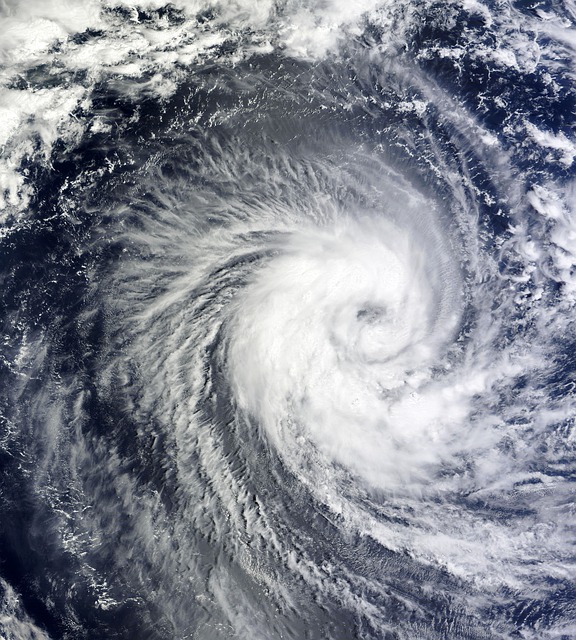
Climate Challenges Facing the Intelligence Community
 On November 8th, the National Academies released their report “Climate and Social Stress: Implications for Security Analysis.” The report seeks to analyze the major social and political factors affecting the relationship between climate change and national security. The report draws together a wide range of conclusions linking the security risks of climate change and establishes recommendations to strengthen our nation’s understanding and response to these incidents.
On November 8th, the National Academies released their report “Climate and Social Stress: Implications for Security Analysis.” The report seeks to analyze the major social and political factors affecting the relationship between climate change and national security. The report draws together a wide range of conclusions linking the security risks of climate change and establishes recommendations to strengthen our nation’s understanding and response to these incidents.
The report concludes that security analysts should expect climate change surprises to occur in the coming decade. These events, big and small, could have serious effects on “regions or globally integrated systems that provide for human well-being.” The risk of climate events to society is determined by multiple factors including “susceptibility to harm and the effectiveness of coping, response, and recovery.”
United States national security will be affected by social and political stresses exacerbated by climate change. The report notes that it is of the upmost importance for the intelligence community (IC) to “understand adaptation and changes in vulnerability to climate events and their consequences in places and systems of concern.
While there is a breadth of scientific knowledge about vulnerabilities to climate change, this knowledge must be put to practical operational use. Incorporating the scientific knowledge with cross-governmental practices will allow the IC to better establish understanding and response to the threats posed by climate events, which will affect regional and global stability.
It must be noted that the links between climate events and security outcomes are “complex, contingent, and not nearly understood enough to allow for prediction.” However, the report details several recommendations allowing the U.S. government to better prepare itself for these risks which will be increasing in frequency.
The intelligence community should “participate in a whole-of-government effort to inform choices about adapting to and reducing vulnerability to climate change.” Special focus should be paid to events which could lead to a global system shock.
The report suggests that research should focus on data collection, monitoring climate and improvement of analytic systems. Attention should be given to climate vulnerabilities in critical systems and how climate events will lead to political instability, conflict and humanitarian disasters. The IC should establish a system for “stress testing” these vulnerabilities.
The report establishes 5 key areas where monitoring, research, and preparation need to occur:
1. “Climate events and related biophysical environment phenomena;
2. The exposures of human populations and the systems that provide food, water, health, and other essentials to life and well-being;
3. The susceptibilities of people, assets, and resources to harm from climate events;
4. The ability to cope with, respond to, and recover from shocks; and
5. The potential for outcomes of inadequate coping, response, and recovery to rise to the level of concern for U.S. national security.”
We know climate change presents national security challenges to the U.S. but the National Academies Report highlights the vulnerabilities/lack of preparedness to deal with these threats within the IC. The details within the report are thought provoking and show that Climate Change will have an impact on global security.
Here at ASP we have written extensively about the security challenges, both global and domestic, of climate change. For more information about this, see ASP’s recent Climate Security Report.






[…] Climate Challenges Facing the Intelligence Community […]